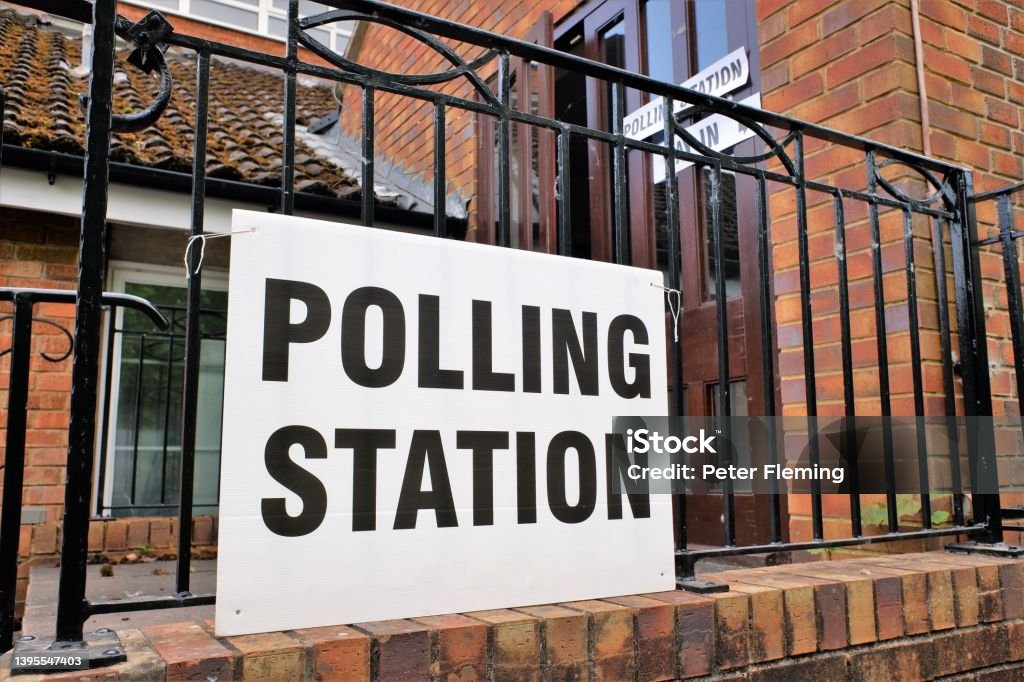Year 13: VOTE! – Bubble Editorial Team
‘Politicians don’t care about our future, all they care about is power.’
Many young people feel this way, but no politician would accept it. In the first Head-to-Head leaders’ debate, Rishi Sunak devoted a sizeable chunk of his protected minute of closing comments to assuring ‘the public’ of his commitment to support pensioners with a policy billed ‘triple lock-plus’. There was scant reference to a housing crisis that has pushed the average age of first home ownership in this country to 38 (it was in the mid-twenties just a generation ago) or a climate crisis that imperils the entire human species. It seemed a telling insight into the electoral strategy of the incumbent Prime Minister that the ‘grey vote’ was prioritised when speaking to camera. If you saw the leaders on Question Time this week, you’ll have noted that Sir Keir Starmer was awkwardly vague about what Labour would do to protect young people from the extortion of the private rental sector; again, as with Sunak, one has to question his political priorities.
On Tuesday, a group of Dagenham residents gathered to discuss the issues that will influence their vote in the coming election on July 4th. A man in his early twenties, recently graduated from university, moving to the area to take on the role of Media Officer at Dagenham FC (a good first job, with a starting salary of around £30,000), explained that he was struggling to find housing. Surely not? He went on: the private rental market had become so competitive that landlords now expect a prospective tenant to earn 33 times the monthly rent in a year if they are to consider taking them on. With a one bedroom flat in the area costing around £1200 per month, you need to earn £40,000 a year to secure one. To be clear – and with all due respect to residents of Dagenham – this is Dagenham, not Kensington.
From the same group of Dagenham residents, a retired woman spoke of her concerns for young people in society. She’d bought a home in her twenties, seen it rocket in value and been able to retire early in a state of complete financial security. This is not a likely prospect for today’s twenty-somethings.
There are many important issues in this election: from the NHS to the National Debt; the cost-of-living crisis to climate change; the war in Ukraine to the culture wars all parties stoke on the campaign trail (Fancy some national service? Concerned about the VAT on school fees?). With voter turnout at 80% among 75-year-olds but just 50% in the 18-35 year-old demographic, it comes as no surprise that political parties have a habit of skewing their priorities towards the interests of the elderly.
So, if in Nelson you’re thinking ‘what’s the point?’, let’s agree this:
As Phoebe’s piece explains, the UK electoral system does mean voters in certain constituencies are unlikely to make a difference to the election outcome. That’s a different debate.
Let’s also acknowledge that strategists working on the manifestos of all parties will be considering the appeal of their policies in key areas and key demographics. These electoral realities diminish our faith in democracy and our trust in politicians. However, not voting is not the answer.
Other than a single election that took place during his time at university (a constituency where the Lib Dems and Labour were virtually neck and neck), the Bubble’s editor has never voted in a marginal. In other words, his vote has never really had practical significance. But he, like many staff at RHS, has never failed to vote.
For all of the flaws in UK politics, we do enjoy healthy democracy in the sense that the process is free and fair (fake news notwithstanding). You don’t have to look far to see countries where this isn’t the case. In the UK, you can go and vote and there will be no pressure on you at the ballot box.
Year 13, please take seriously this opportunity to be a part of UK democracy. Even if your chosen candidate doesn’t make it to Parliament, your vote will have a statistical impact. Every young vote makes a case for listening to young people, regardless of who you vote for. The social contract is more likely to be sustained in the future if voting is high among those in their twenties, 5% of whom own a home, than those in their sixties, 50% of whom own a home.
Vote: you may not get the party you want in power, but you can lodge your concerns into the public discourse.
















Post Comment
You must be logged in to post a comment.